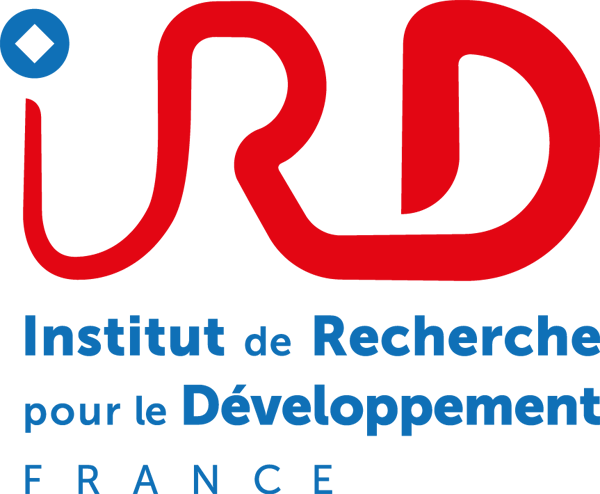Implementing funding modalities for free access: The case for a "purchasing fund system" to cover medical care
Résumé
The principle of free access to ARVs was recognized in Senegal in 2003. Debate now focuses on its expansion to cover all therapeutic care (consultations, exams, treatment for opportunistic infections). Expenditures incurred by this complementary packet often impede access to care. The main difficulty does not really arise from the need for funding but rather from how this treatment is managed and its impact on the current financing systems. In fact, four types of possible funding exist: (1) provision in kind of products necessary for the consumption of free services; (2) providing equipment that allows other revenues in compensation for losses created by free access; (3) increased public budgetary grants; (4) reimbursement for services by a third party. In this last solution, the third party may be the State or an ad hoc organism (NGO, insurance, designated fund). The study compares these different modalities across specific conditions in Senegal and describes their possible impact on the present and future health system. In effect, this analysis fits into a much broader debate since the principle of free access has already expanded to other domains, particularly childbirth (2003) and care for the elderly (2006). The study shows that the multiplication of parallel supplies, the coexistence of various “free” stocks and insufficient accounting of services might create serious disturbances in current management and financing systems. On the other hand, invoice reimbursements set up in some districts by various partners preserve financial autonomy and strengthen the managerial capacities of health structures. Nevertheless, with the increased number of people who are treated and the expansion of free access to other services, there is a risk of letting the number of individual mechanisms multiply when common services would be more effective. Given the financial limitations of community financing schemes and the difficulties to develop insurance systems in a very informal economy, it is now necessary to envisage the implementation of “purchasing funds,” for which the study proposes basic guidelines. Based on the logic of insurance, they rely on purchasing a predetermined service package (contractualization and accreditation), using the sectoral approach (by “pooling” public, private and international resources), funding based on results (a payment for services rendered) and management that is independent of public budgetary blockages (with the participation of civil society). Complete medical treatment for PLWHA may be the best way to progressively start this process because the service package is clearly predetermined, its cost has been assessed and the number of beneficiaries, in a country like Senegal, is still low. Moreover, if proper management of this fund can be ensured, institutional sustainability will ensure its financial sustainability. Therefore the fight against HIV/AIDS could contribute to reflection on health system reform.
Origine : Fichiers produits par l'(les) auteur(s)
Loading...

